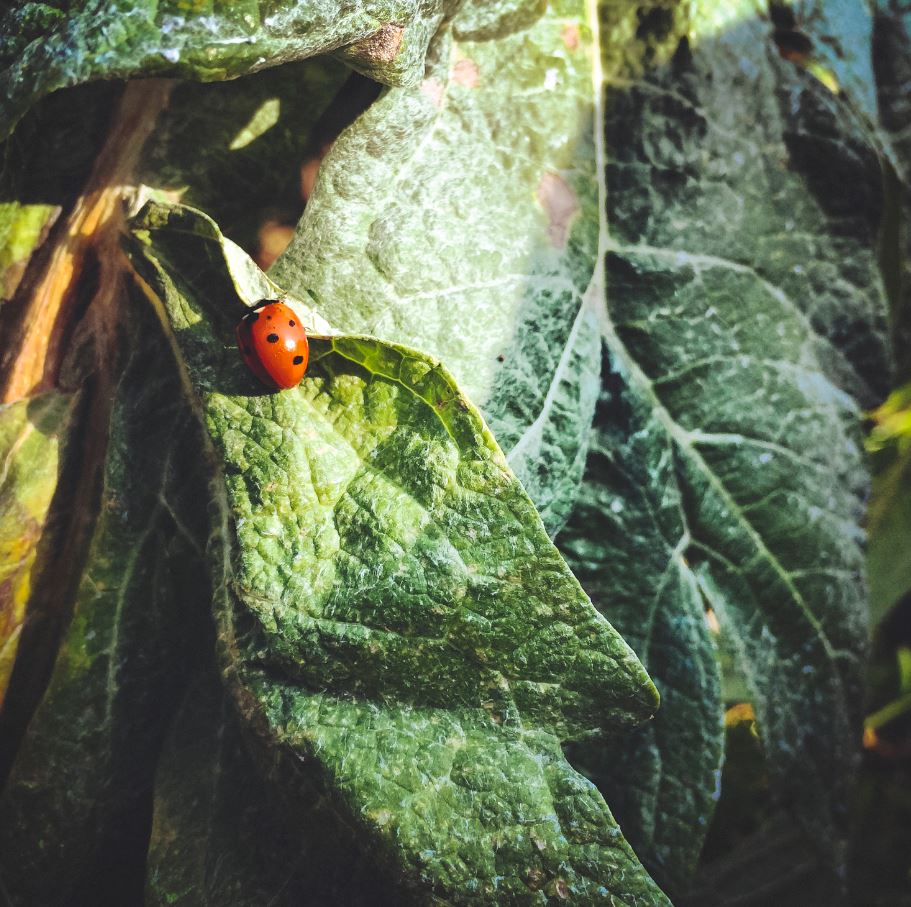One million animal and insect species are threatened by extinction according to the world’s largest-ever biodiversity study.
The study, by the Intergovernmental Science-Policy Platform on Biodiversity and Ecosystem Services (IPBES), was compiled by 145 authors from 50 countries over the past three years. They reviewed 15,000 scientific and government sources to assess changes to nature over the past five decades, and drew on evidence from indigenous and local communities for the first time.
Among the starkest conclusion was that nature is declining at “rates unprecedented in human history”, although the trends were less severe or avoided altogether on land owned by indigenous or local people.
Other findings included that:
- The average abundance of native species in most major land-based habitats has fallen by at least 20 per cent, mostly since 1900.
- More than 40 per cent of amphibian species, almost 33 per cent of reef-forming corals and more than a third of all marine mammals are threatened.
- The picture is less clear for insect species, the report said, estimating that around 10 per cent of species are threatened.
“Ecosystems, species, wild populations, local varieties and breeds of domesticated plants and animals are shrinking, deteriorating or vanishing. The essential, interconnected web of life on Earth is getting smaller and increasingly frayed,” said report co-chair, professor Josef Settele.
“This loss is a direct result of human activity and constitutes a direct threat to human well-being in all regions of the world.”

At the current trajectories of growth in the world, despite conservation efforts and targets such as the UN’s Sustainable Development Goals, the report said the only way forward is “transformative change” at both local and global levels.
Responding to the report, the Soil Association highlighted how “nature friendly” farming systems, such as agroforestry or organic, are urgently needed if the scale of change needed to save ecosystems is to be achieved.
Policy director Joanna Lewis said: “We urgently need policy that supports farmers to adopt nature friendly agroecological farming methods like agroforestry and organic, which put natural systems first and chemicals last.
“Research has shown this type of farming holds the answer to restoring biodiversity and soil, halving greenhouse gas emissions, while still being able to feed a growing European population a healthy diet. We call on the government to prioritise soil health and agroecology in the upcoming Agriculture and Environment Bills.”
IPBES chair, Sir Robert Watson, added: “The report tells us that it is not too late to make a difference, but only if we start now at every level from local to global,” he said.
“Through ‘transformative change’, nature can still be conserved, restored and used sustainably – this is also key to meeting most other global goals. By transformative change, we mean a fundamental, system-wide reorganization across technological, economic and social factors, including paradigms, goals and values.”















Thanks to wicked leeks for bringing an Incredibly important issue to our phones and tablets in such a stark but clear way – well written.
Thats good to hear – thanks so much for your feedback Nickyrids